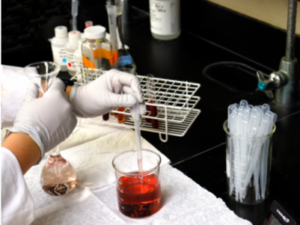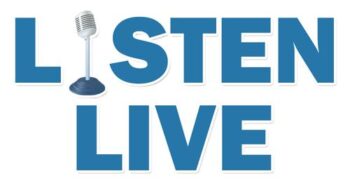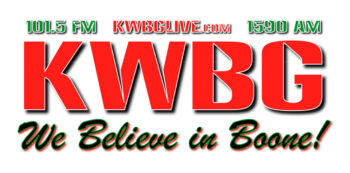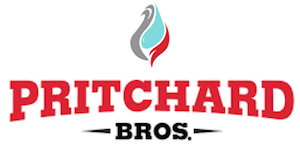AMES, Iowa—Winemakers as well as beer and cidermakers can gain deeper insight into the quality and condition of their products by using the testing services provided by the Midwest Grape and Wine Industry Institute Laboratory.
Housed inside the Food Science Building at Iowa State University, the laboratory can test for such things as acidity, sugar, percent alcohol, sulfur dioxide, acetic acid and IBUs for beer.
The laboratory has provided testing services dating back to before 2010, but has recently modernized its equipment and expanded offerings to now include more than 20 different tests.
“We have some new equipment and we’ve developed some new procedures to improve the process,” said Erin Norton, associate director of the Midwest Grape and Wine Industry Institute. “We are also improving our ability to analyze beer and are now fully capable of offering beer analysis to brewers.”
The testing services are fee-based and cost about $35 per test. The services are available to anyone across the Midwest and beyond, with a 20% discount for Iowa-based winery customers. Testing is available for wine, beer and cider, as well as starting products, such as grapes, wort and juice.
Norton said the service is valuable to wine and beermakers who may not have the equipment or the expertise to do their own testing. Customers can set up an online account on the laboratory website, determine which test or tests are best for their needs, and then send or deliver the appropriate samples.
Results are made available within a few days, and the laboratory offers interpretation and guidance per the customer’s request.
“We not only provide analysis, but we can also help with diagnosing problems or preventing problems based on the analysis,” said Norton. “We’re very open to giving assistance and interpretation along with the test results.”
The lab is managed by Drew Makowski, a research scientist at Iowa State, along with the help of student interns. Makowski said the lab is diversifying its offerings and can now provide analysis for a broader range of products that rely on fermentation and the microbiology involved with fermentation.
One of the newest machines in the lab is a density meter-alcolyzer. This machine tests the percent of alcohol in each product, which is used for consumer label claims. This fall, he hopes to add additional accreditations to the lab, including TTB certification to test products for import and export, which is federally regulated.
“We are really putting more focus on efficiency, automation and traceability,” said Makowski. “Once implemented, our clients will have a streamlined submission portal and better access to reports.”
Norton and Makowski recently teamed up to create a YouTube video that explains the expanded services of the lab, recorded by Jocey Caelwaerts, communications specialist with the institute.
Complete information about the lab services and how to submit samples for testing is available on the Midwest Grape and Wine Industry Institute website.


(contributed press release)










